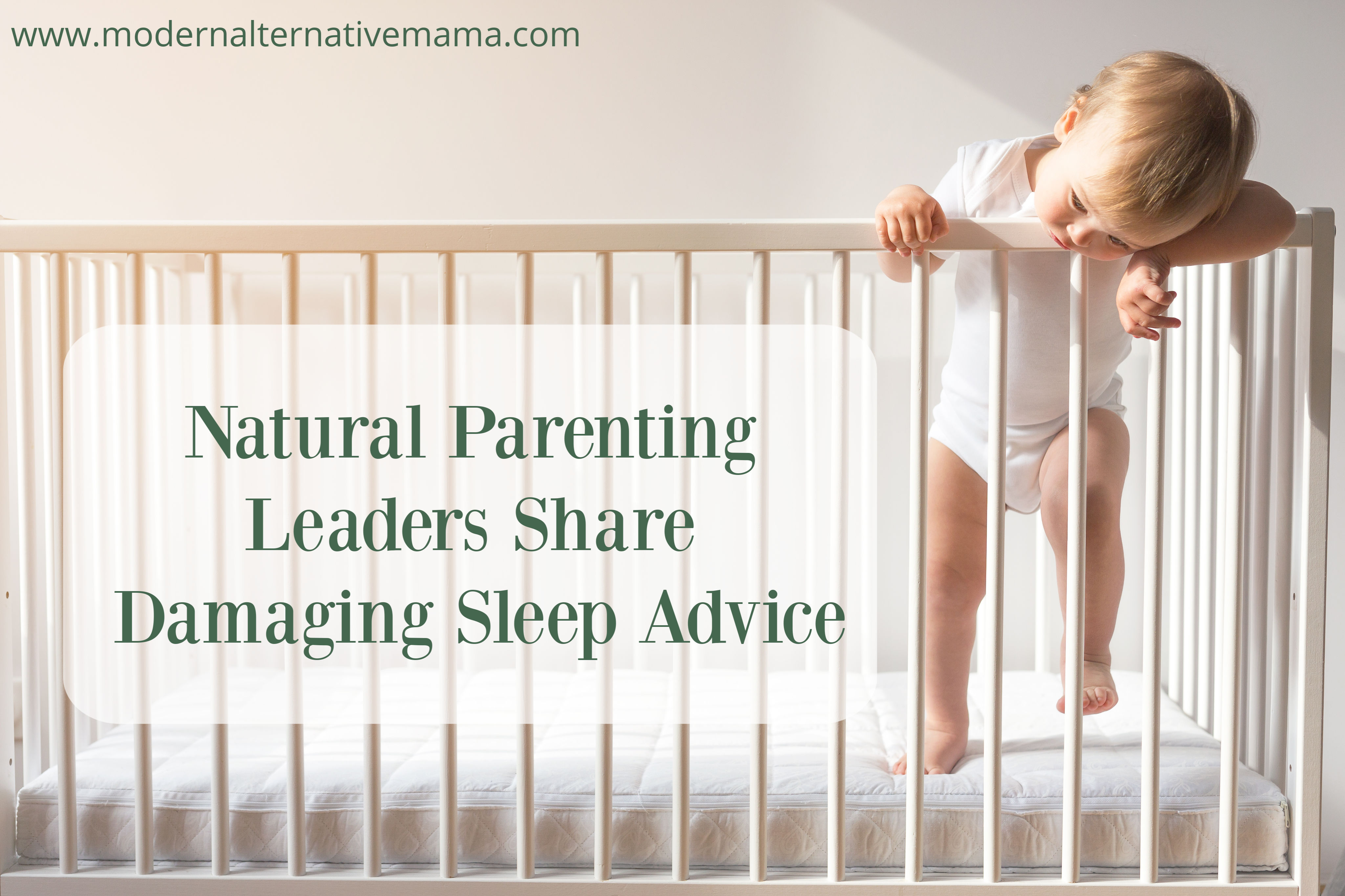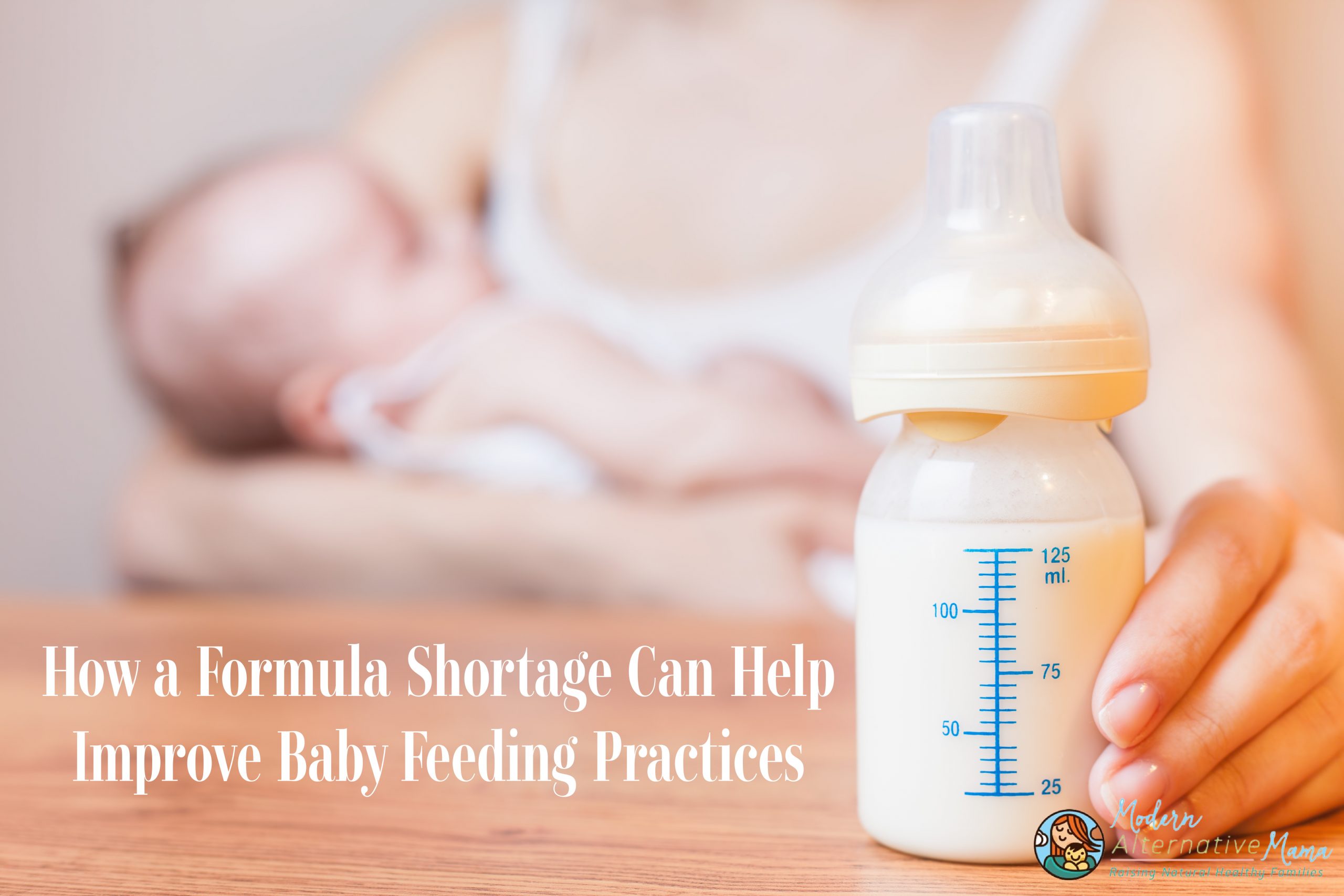(That baby above is signing “bird!”)
If you’re familiar with Rebekah’s Story, then you know my daughter was a late talker. In fact, she didn’t use any functional words (besides mama, dada, and brother) until she was 27 months old! Although most babies talk long before this, there is still a time (whether a few months or a couple years) where babies have definite ideas about what they want, but cannot yet talk well enough to express it. And that’s where Baby Sign comes in.
Baby sign was a lifesaver for us in many ways. Bekah literally could not talk when she was younger. We were told to say, “I don’t understand, use your words,” but she would just look at us in sheer frustration (I only tried it a couple times). Lots of babies start doing this by 9 months of age! They do know what they want, but they cannot physically talk yet to express it. Many learn to point and grunt, but it’s hard to know sometimes what baby really means. And sometimes they don’t have an expression for what they want at all.
When you use Baby Sign, though, your child can tell you exactly what s/he wants!
Here are some benefits:
- Reduced frustration/tantrums (since baby can make herself understood)
- Increased ability to talk (yes, really…understanding words through sign helps them understand them through speech, too)
- Increased fine motor coordination (because they have to make their hands into the signs)
- Ability to communicate wants/needs!
These are some pretty awesome benefits!
How Can My Baby Sign?
Most babies really want to sign. They are truly like little sponges, soaking up all the information around them and wanting to mimic/imitate anything they can. They also desperately want a way to make themselves understood once they know what they want. If you are willing to show them a new “trick” that will also help them get what they want, they’re totally game!
There are a few signs that some babies struggle with, especially if they start signing very young. In these cases, parents may choose to make up a sign, or to simply give baby an easier version of it.
Babies really seem to enjoy using sign language. And although a few critics have suggested that babies who sign won’t be motivated to talk, research and personal experience show the opposite to be true. Babies enjoy the communication and the “rewards” of being able to explain what they want. They’re learning to understand language, albeit in a different way. But it’s still language development, and that’s crucial to learning to speak.
As for our experience, Daniel started saying “mama” (meaningfully) at 8 months, but didn’t pick up anymore words after that. At 16 months I started to teach him Baby Sign, and within days he was starting to say all the words he’d learned to sign. After a month or so, his ability to speak and repeat words overtook his ability and interest in signing. Although now, at 19.5 months, he still does sign, he usually talks. He signs if he thinks we didn’t understand what he said!
When Can My Baby Sign? How Does He Learn?
This varies a lot, honestly. I’ve heard that babies are capable of learning some signs by the time they are 7 months old. I would say this is on the rare side, though. At this age, babies don’t have much fine motor coordination, and some aren’t even sitting up yet. It would take a lot of focus to teach a baby this young to sign, and it probably isn’t worth it. At this age, the only sign my babies could make was “milk!”
Most babies will start to sign reliably around a year, give or take a couple months. By this time they’ve got good control over their bodies. They can stand and walk well, and they’re ready to move from gross motor focus to fine motor. (The earlier focus on controlling their gross motor skills is likely why many babies don’t sign when they are younger.)
A few babies may not sign until they are a bit older, but this will depend on the baby’s personality and development. (If your baby is making no attempt to communicate by 18 months — not signing, gesturing, pointing, grunting, using some words — see your pediatrician to be evaluated for developmental delays.)
To teach a baby to sign, try this:
- Choose one sign that is important in baby’s daily life. “Milk” is often a first sign.
- Every time you say the word, make the sign. Draw baby’s attention to the sign.
- Ask the baby to make the sign, too.
- If baby struggles, use your hands to guide baby’s a few times (gently).
- Once the baby can make the sign, ask for it every time you are talking about the word.
In my experience, when teaching a baby a little over a year, it took 2 – 3 days for the baby to catch on to the first sign and use it somewhat consistently. But once the first sign was learned and the whole “idea” of signing to communicate was understood, most future signs were taught with only one try.
There are also some neat “Baby Signing Time” DVDs that many parents like to use to teach their baby signs. There are books, too. It can be fun to watch these short movies or read these little books with your baby to help him learn to sign! We used to have parties when Bekah was little (around a year) and show the Baby Signing Time videos. (She was too distracted, though, preferring instead to run around and play!)
What Signs Should I Teach?
The signs you should teach will depend on what is important in your daily life. However, here is a list of commonly taught signs:
- Milk
- Help
- All done
- Up
- More
- Drink
- Eat
- Bath
- Sleepy/night-night
- Hurt
- Please
- Thank you
Basically, you need to help baby communicate what she needs or how she is feeling. Manners are nice too!
We found that “more,” “eat,” “all done,” and “help” were very important to us. It was nice to know that they were hungry (especially when they’re toddlers, they’re so busy that they don’t slow down much, so fussiness due to hunger isn’t as obvious!). It was also nice to know whether they wanted more to eat or were all done without having them spit or throw food! “Hurt” is also nice because it’s another reason why they cry (since toddlers tend to climb and tumble a lot). If they can point to body parts, they can tell you WHERE it hurts, too. Finally, “help” was their all-purpose sign if they did not know what else to ask. They knew they could get our attention and show us what they needed if they could say “help.”
You may choose to also teach signs for particular foods, although these don’t seem to be as easy to find. “Apple,” “banana,” “cheese,” etc. can be helpful so they can tell you what they want to eat. Although many babies will lead you to the fridge or pantry and point at an item and sign “eat!”
Have you used Baby Sign with your children? How did you like it?






I had a wonderful time teaching my twins sign language! It was so fun to see their eyes light up when they were able to explain what they wanted before they could actually speak. I'd love to share a positive experience I had here at my blog: http://txtwins.blogspot.com/2009/07/baby-signs.html
Excellent tips! Our son is 6 months and I'm looking forward to teaching him signs.
My parents were ahead of the curve on this one… they both had some hearing loss, so signing was an important way of communicating for all of us. I don't know if it is strictly because of the signing, but I have earlier childhood memories than a lot of people I know, and my brother and I both talked and read very early. We are using this with our kids now, and you are so right… it does reduce tantrums and frustration a lot! Our one year old is quite emphatic about his signing now, and I like knowing that he can sign things like "hurt" and show me where if something is bothering him! Great post… how do you have time to write all this?
p.s. I've enjoyed reading your birth stories !
Great post. We also used sign language with our kids from a few months old and found it helped immensely with their frustration level and communicating with us. I agree that "more," "eat," "all done," and "help" are very useful.
We watched the Sign Time dvds together so that we could learn signs at the same time and could watch how the kids were making the signs in order to pick up on them more quickly.
Even now that they're older, we use many of the signs. We sign "I love you" across the park and it's like an instant connection. They know I'm watching without intruding on them while they explore as much as they're comfortable. And when I receive one in return, I feel loved in return.
Great post! Thanks to my sister-in-law for sharing this article on your blog. Our family signed with our little one practically from birth. She was a high-needs baby and had a very low frustration level. Signing was a very helpful way for her to get her needs met and let us know what she was thinking about. We also used to watch Signing Time with her when it was on our PBS station and we all loved it!
Our daughter began expressively signing at about 7 months old and by the time she was 2 she knew all the letters of the alphabet, both written and fingerspelled, knew about 150 signs and was advanced in her verbal language development. She was reading simple three-letter words (again both on paper and fingerspelled) at about 3.5 and now, at a little over 5, she is reading on a 2nd grade level. Is she smart? Perhaps, but we parents tend to believe our children are the cutest, smartest little people on the planet so I doubt my opinion counts for anything! However, I do know that as signing babies go, she is not alone in her advanced language and early literacy development. Many, many children whose parents signed with them as babies have expressed similar results. As a Master Instructor with the Signing Time Academy and founder of a popular website on the subject, I can tell you that I hear stories similar to mine from parents and caregivers all the time. Signing with babies and young children is an amazing gift and I am so happy and grateful that I was able to experience it with my child.
Thanks for bringing this topic to light with your readers. It is never too early or late to start signing and I hope those with small children will explore this topic further and begin signing with the little loved ones in their lives.
I had decided not to teach my son signing, but this article was very convincing!! I think I’m going to teach him a few and see how it goes. 🙂
You said that you cannot claim exemption in WV and MI- however I think you mean West Virgina and Mississippi. MI is Michigan, and you can claim an exemption to not have your child vaccinated. I think Mississippi is MS 🙂